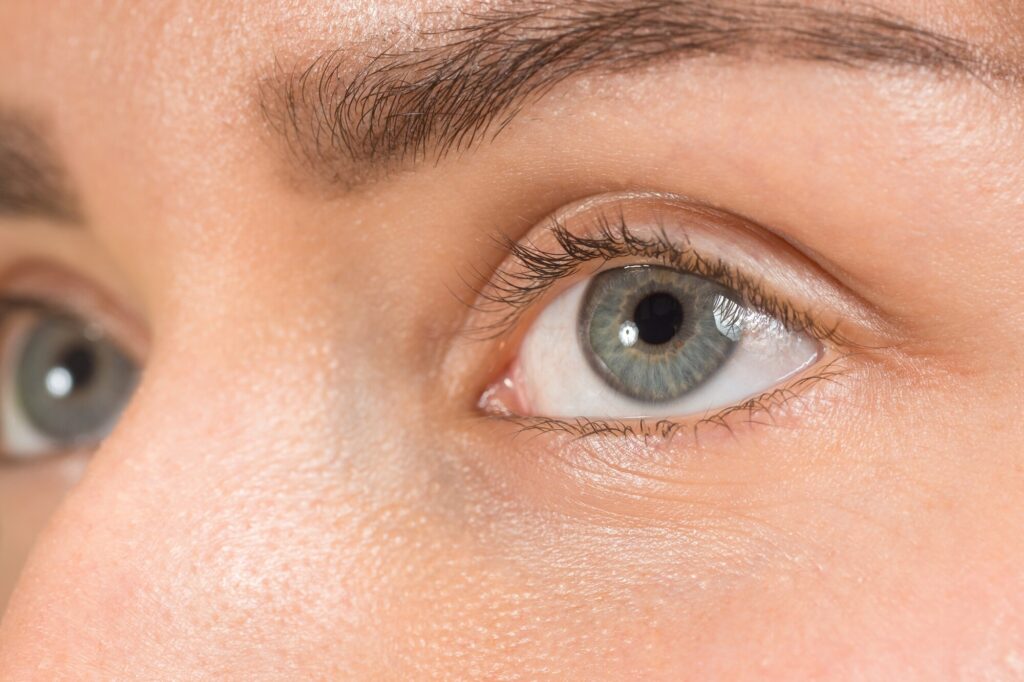
Experts have discussed what to do if you experience “eye floaters.”
Since our eyes are responsible for up to 80% of all impressions, they are regarded as the most vital organ of sense.
Most of the information we take in from our five senses combined comes from our sense of sight.
In one way or another, vision is essential to our behaviors, our work, and our interpersonal relationships. Having healthy eyes is crucial since the light we see during the day even affects our sleep patterns.
Eye floaters are one of the main indicators of vision loss, which is a normal aspect of aging and typically not cause for alarm.

Finding out they are not the only ones who have “floaters” makes a lot of people feel better.
Someone writes: “I’ve learned about something new today, called ‘floaters?’ I always thought I had something in my eye.”
Another adds: “I keep seeing ‘flies’ everywhere; I keep rubbing at my eye but there’s really nothing there; it is so frustrating. I have constant floaters.”
“I thought this was just me; I keep thinking there’s a spider or fly… waving my arms like I’m crazy, only to realize it’s a floater,” a third responds.
About seven out of ten people have eye floaters, which can appear at any time.
Mayo Clinic reads: “Eye floaters are spots in your vision. They may look to you like black or gray specks, strings, or cobwebs. They may drift about when you move your eyes. Floaters appear to dart away when you try to look at them directly.”
Age-related changes that cause the jelly-like fluid (vitreous) inside your eyes to liquefy and contract are the main cause of eye floater problems.
“As you age, the protein fibers that make up the vitreous shrink into little shreds that clump together,” writes Web MD specialist Rick Ansorge.
Collagen fiber clusters that are dispersed throughout the vitreous can create microscopic shadows on your retina. Floaters are the shadows you see.

Although they are not always harmful, eye floaters should be taken seriously.
According to the NHS, you shouldn’t be concerned if you have had them for a long time, they are not growing worse, and your vision is unaffected.
If you have undergone cataract surgery or are nearsighted, you are more likely to experience eye floaters.
According to Web MD, “eye disease, eye injury, diabetic retinopathy, crystal-like deposits that form in the vitreous, and eye tumors” can occasionally cause eye floaters, even though they generally pose no significant harm to your vision.
According to the NHS, experiencing “floaters” or flashes for the first time, getting them suddenly, or having more of them than usual is a medical emergency.
Blurred vision, eye pain, floaters following surgery or an eye injury, and a black “curtain” or shadow sliding across your vision are additional indicators of something more serious.
Any of these symptoms could be a sign of serious eye back issues.
The majority of the time, floaters are benign and frequent, but if they start to bother you, physicians advise you to try moving the fluid in your eyes to get rid of them.
You can gaze up and down to do this.
Along with eating a nutritious, well-balanced diet and quitting smoking, taking supplements that promote eye health, such as those that contain omega-3, zinc, vitamin A, and fatty acids, can also assist.





